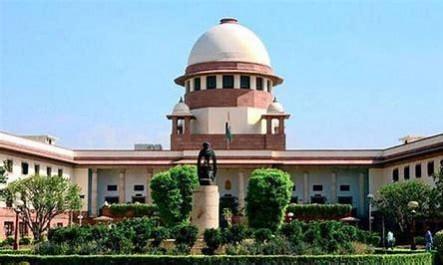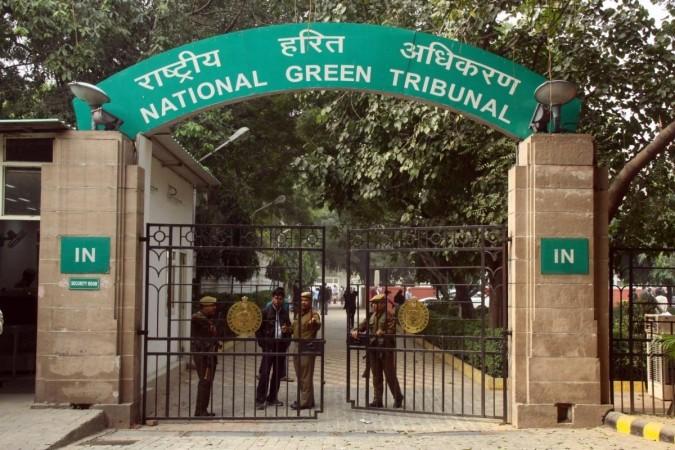The Supreme Court on Wednesday set aside the proceedings before the National Green Tribunal (NGT), which stopped construction at Rushikonda Hills abutting the beach in Visakhapatnam, holding that though development is necessary, it is equally important to protect the environment.
A vacation bench of Justices B.R. Gavai and Hima Kohli said the high court order would prevail over tribunal orders, in a scenario where both have passed contradicting orders. It said that the NGT was not correct to continue proceedings before it, after being pointed out that the high court was already seized of the matter and had passed orders.
The apex court pointed out that contradictory orders would be an issue for the authorities concerned, as they would not know which order to follow. "In such a case, orders of the constitutional court would prevail over orders of the tribunal," it said.
During the hearing, the bench emphasised that it is important to strike a balance between development and environmental issues, as though development is necessary for economic development of a nation, it is equally necessary to safeguard the environment. Justice Gavai pressed on the importance of ensuring a pollution-free environment for future generations.
The top court made these observations while hearing a plea by the Andhra Pradesh government challenging the NGT order, which stopped construction works at a tourism project at Rushikonda Hills in Visakhapatnam.

The bench noted that the high court had allowed construction, therefore it will be appropriate for it to take a decision in the matter - striking a balance between development and environmental issues.
Advocate Balaji Srinivasan, counsel for the respondent, contended before the bench that hills have been shaved off, and cannot be restored, and insisted that if construction were to continue, then hills will be lost. He added that hills are being flattened and the resort is being constructed, and pressed that the natural character of the hills need to be preserved.
The bench asked the parties to move before the high court in the matter, and also granted liberty to the respondent MP K. Raghu Ramakrishna Raju to file an impleadment application before the high court.
It said till the high court takes a call on the issue, the construction will be permitted only on the flat areas, and the area where construction existed earlier. The top court made it clear that till the high court decides the matter, no construction will be carried out on areas excavated from the hills, and parties are at liberty to raise issues, which would be considered in accordance with law. Concluding the hearing, the bench set aside the proceedings before the NGT.

The tribunal's order, passed in May, had come on a petition filed by Raju, alleging violation of Coastal Regulation Zone (CRZ) norms by the project.
The NGT also set up a joint committee to look into the environmental viability of the project and whether CRZ clearances should be revisited. It was alleged that the master plan notified by the Urban Development Department was violated and the petitioner claimed the area was also environmentally sensitive.

















